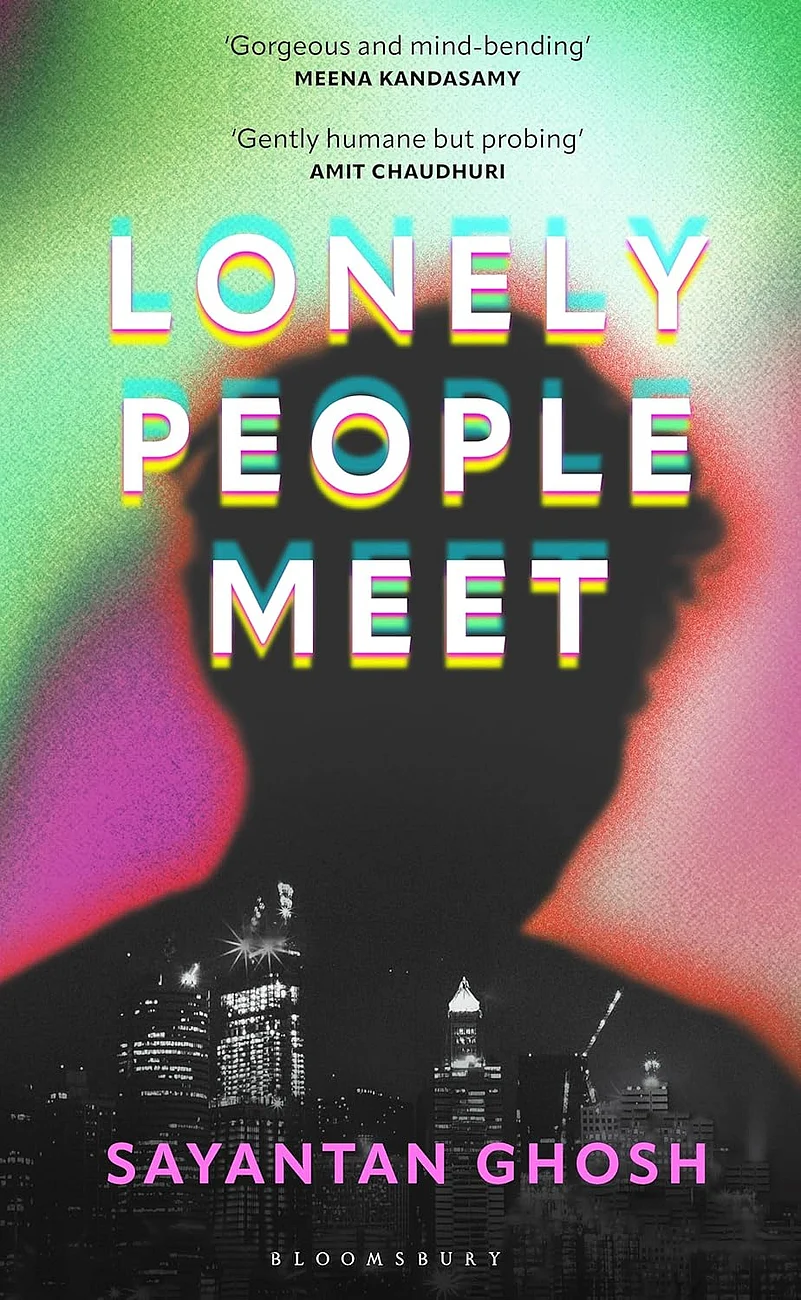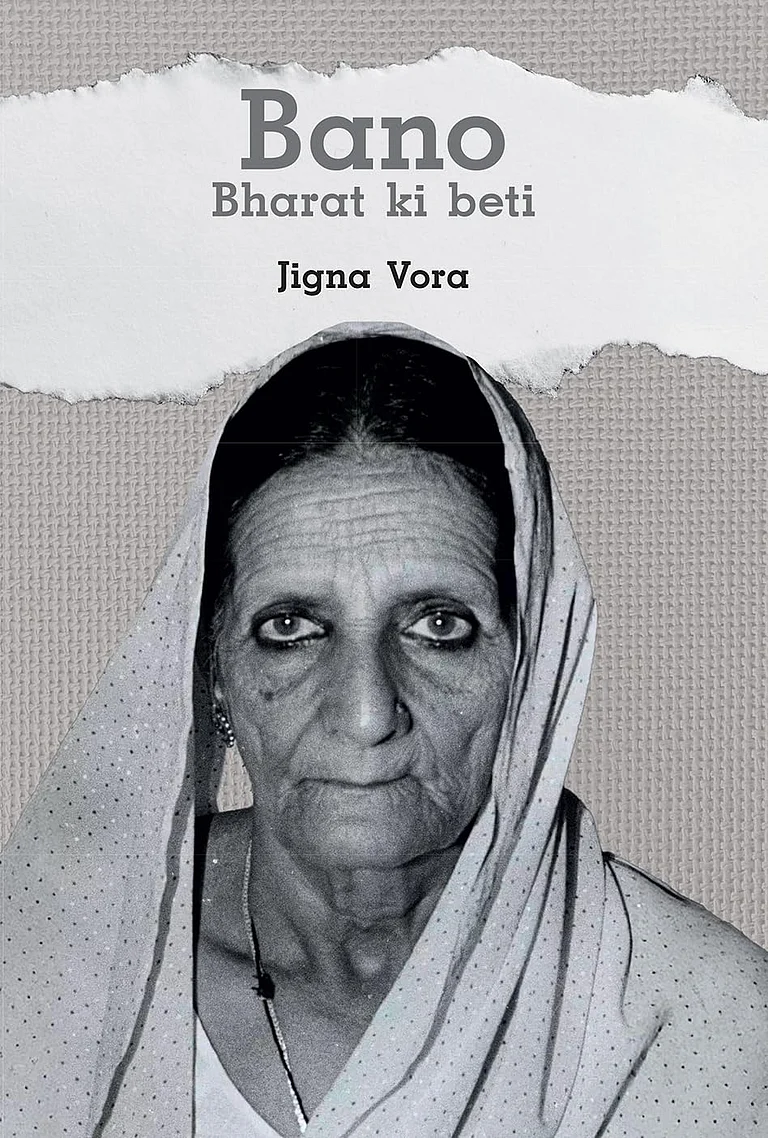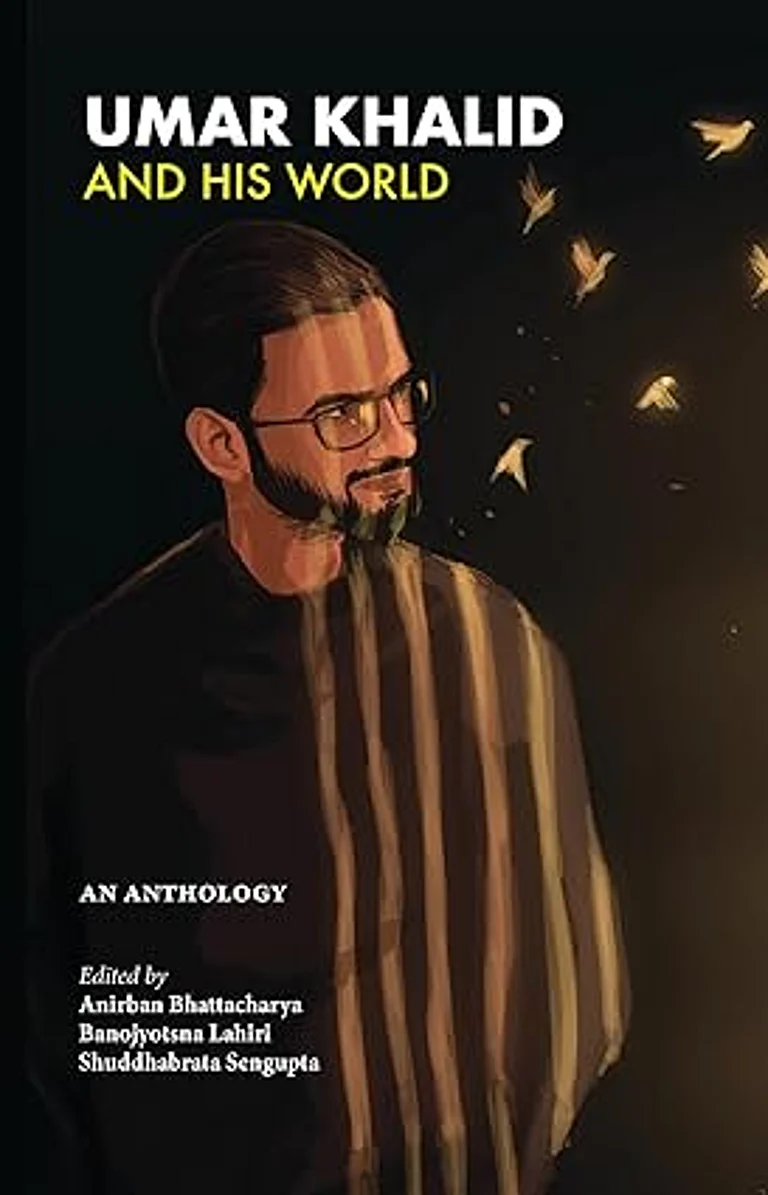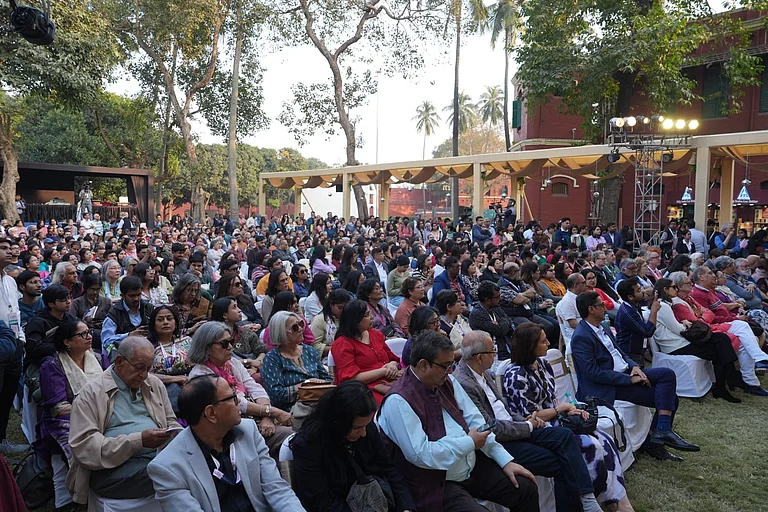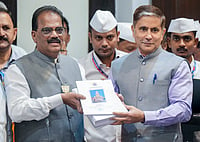
A tender Delhi romance between Karno and Devaki is disrupted when a mysterious organisation reveals her identity may be constructed.
The novel explores themes of memory, authenticity, and the fragile boundaries between real and fabricated lives.
Ghosh’s debut combines emotional depth with a speculative twist, questioning whether love can survive when its foundations are uncertain.
In Lonely People Meet, Sayantan Ghosh steps into the literary landscape with a debut that is equal parts love story, philosophical puzzle, and urban fever dream. Set against the shifting moods of Delhi, the novel explores how tenderly and how dangerously we build our identities around the people we love.
At the centre of the book is Karno, a young writer caught between ambition and survival, juggling two jobs: a junior editor by day and a bookstore assistant by evening. In Ghosh’s hands, Karno is not the typical struggling novelist but a quiet observer of the world, someone who has memorised the sound of rustling paperbacks and believes that stories can alter a person’s life, until his own spirals into one.
Karno’s romance with Devaki begins with the charm of a Delhi monsoon encounter. Their early days together have the glow of nostalgia even as they unfold, rendered in prose that lingers on sensory detail: the gold of amaltas blossoms lining the pavements, the languid afternoons at Lodhi Gardens where young couples lounge under gulmohar trees, the intimate chaos of bookshops where fingers brush across spines and sometimes across hands. Ghosh captures the city’s romantic geography with a documentarian’s precision, the timeless Madras Coffee House, the hum of Daryaganj’s Sunday bazaar, the hidden secondhand stores where lovers read silently side by side.
For a while, Lonely People Meet reads like a gentle ode to young love. But Ghosh is too ambitious a storyteller to leave his characters in the cocoon of a Delhi romance. The novel takes a sharp turn when a shadowy organisation appears at Karno’s door, insisting that Devaki is not the woman he believes her to be. What follows is an unsettling descent into a clandestine world where identities can be manufactured, memories traded, and pasts rewritten for a price.
This speculative twist does more than add intrigue. It destabilises the certainty with which readers approach the narrative. As Karno searches for the truth about Devaki, the book morphs into a meditation on authenticity. What makes a relationship real? The facts of a person’s past, or the emotional reality of the moments shared? If memories can be engineered, does love still hold its meaning?
Ghosh’s storytelling draws its power from the murky spaces where certainty dissolves. His sharpest insights emerge as he probes the thin, trembling line between who we are and who we wish we could become. At its heart, the novel poses a piercing question: If the love you cherished was built on someone else’s memories, would you still choose it?
Though the book carries a speculative, almost dystopian undercurrent, its emotional depth is firmly rooted in the vulnerabilities of being human, the desire to be seen, the fear of being abandoned, and the unsettling possibility that we understand the people we love far less than we imagine. The narrative moves with a quiet, deliberate flow even as its psychological tensions tighten.
As a debut, Lonely People Meet is bold in concept and tender in execution. It is a love story wrapped in a mystery, a mystery wrapped in a philosophical inquiry. Most importantly, it announces Ghosh as a writer capable of weaving emotional depth into speculative landscapes without losing sight of the human heart at the centre.
A compelling and quietly haunting first novel, it stays with you long after the final page, not just for the love story it tells, but for the unsettling questions it refuses to answer.







